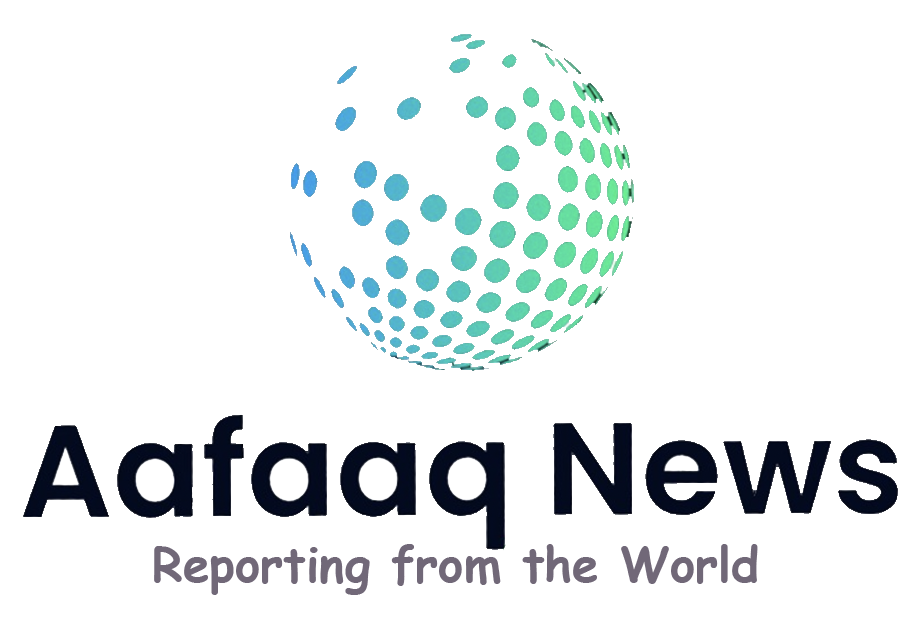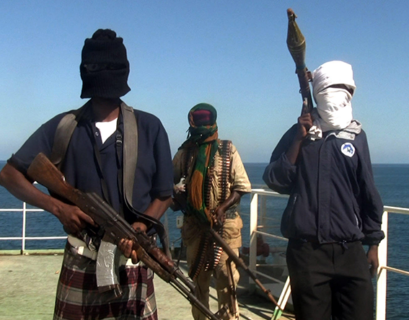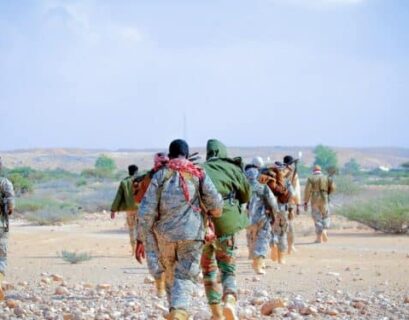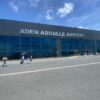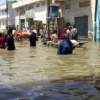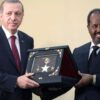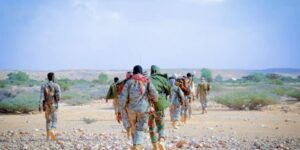In a transformative period for international relations, Türkiye has emerged as Somalia’s most vital ally across political, military, and economic domains, according to Fathudin Ali Mohamed, Somalia’s ambassador to Ankara. In a recent interview with Anadolu Agency, Mohamed emphasized the significance of a defense and economic cooperation agreement signed between the two countries, marking a new chapter in their partnership.
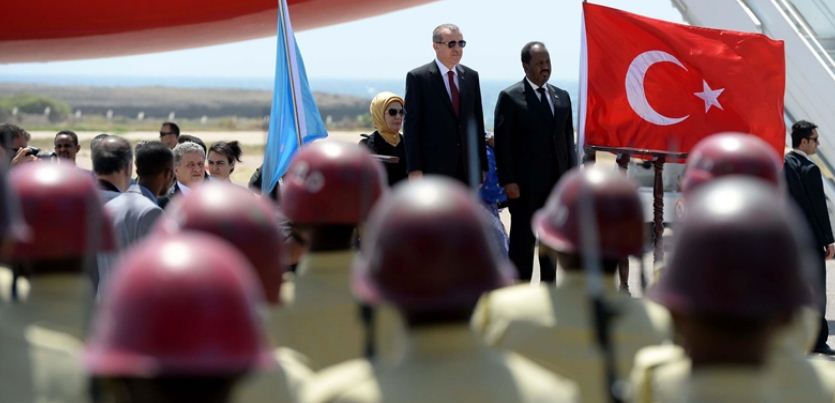
Historical Ties and Modern Alliances
The bond between Türkiye and Somalia is deeply rooted in history, dating back to the Ottoman Empire. Trade and support from the Ottomans significantly bolstered relations, laying a foundation that has evolved over centuries. A pivotal moment in modern relations came in 2011, during the devastating drought in Somalia, when then-Prime Minister Recep Tayyip Erdogan visited the country. This visit was not just symbolic but led to the establishment of mechanisms prioritizing long-term structural strategies over immediate emergency responses, signifying a strategic shift in bilateral cooperation.
Military Cooperation: Training and Stability
One of the most significant aspects of Türkiye-Somalia relations is their military partnership. The establishment of a Turkish military training base in Somalia stands out as a landmark achievement. This base has trained thousands of Somali youths, equipping them to fight terrorism on the front lines. These efforts have not only bolstered Somalia’s internal security but have also contributed to regional stability. The trained soldiers represent a tangible outcome of this robust military cooperation, showcasing the practical benefits of the bilateral relationship.
However, this military partnership also raises questions about the Somali government’s reliance on foreign military assistance. While the training provided by Türkiye is undoubtedly beneficial, it highlights the Somali government’s inability to independently build a competent military force. This dependency could be seen as a failure of the Somali government to effectively prioritize and manage its own defense resources.
Educational Exchange and Infrastructure Development
Education has been another cornerstone of the Türkiye-Somalia partnership. Since 2011, thousands of Somali students have studied in Türkiye, gaining knowledge and skills that they bring back to contribute to Somalia’s rebuilding efforts. This educational exchange has facilitated the development of human capital in Somalia, essential for the country’s long-term growth and stability.
Moreover, Türkiye’s investment in Somali infrastructure has been substantial. Notable projects include the reconstruction of Mogadishu’s airport and port, both managed by Turkish companies. These developments are crucial for Somalia’s economic revival, improving trade and connectivity within the region and beyond.
Yet, the Somali government’s heavy reliance on Turkish investments and expertise in infrastructure development highlights its own shortcomings. The government’s inability to attract and manage local or diversified foreign investments raises concerns about its overall economic strategy and governance. This dependence on a single foreign partner can be risky, potentially limiting Somalia’s autonomy and bargaining power in the long term.
Regional Impact and Humanitarian Efforts
The ambassador highlighted that the strong relationship between Türkiye and Somalia has broader regional benefits. Türkiye’s military and civil technical support not only aids Somalia’s stability and economic well-being but also supports the security and prosperity of the entire region. This partnership exemplifies how bilateral cooperation can have a ripple effect, promoting peace and development beyond the immediate participants.
Mohamed also praised Türkiye’s humanitarian efforts, particularly in addressing crises in the Gaza Strip, which has been under intense Israeli attack since October 7 of the previous year. He expressed gratitude for Türkiye’s efforts to end the brutality and highlighted the solidarity campaigns organized by Somali people to support Palestinians, despite their limited resources.
However, the Somali government’s focus on international solidarity often seems to overshadow pressing domestic issues. With significant internal challenges such as poverty, unemployment, and ongoing security concerns, the government’s emphasis on external humanitarian efforts might be viewed as a diversion from its primary responsibilities to its own citizens.
Future Prospects: Agricultural Cooperation
Looking ahead, Mohamed expressed optimism about the future of Türkiye-Somalia relations, especially in the agricultural sector. He highlighted Somalia’s rich agricultural lands and the potential for increased productivity with the support of Turkish farmers and technological transfer. This cooperation could enhance food security and lead to the sustainable development of the country, further strengthening bilateral ties.
Nonetheless, this optimistic outlook on agricultural cooperation also brings to light the Somali government’s inadequate support for local agricultural development. The reliance on Turkish expertise and technology suggests a gap in the government’s ability to develop and implement effective agricultural policies independently. This gap not only questions the competence of the current administration but also the sustainability of its strategies without continuous foreign aid and intervention.
